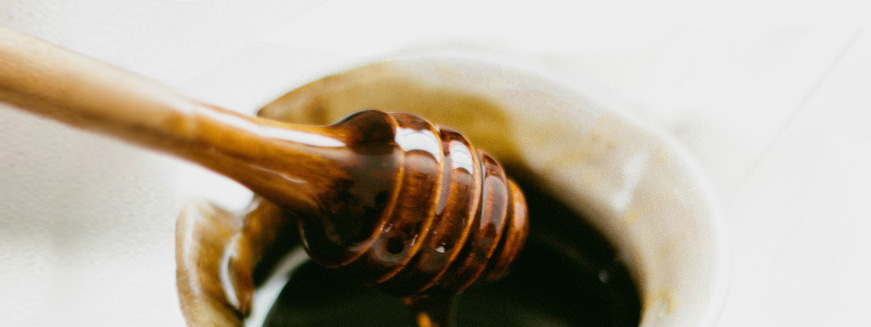The Fresh Blog
Lifestyle, Health, Nutrition & Inspiration from Luvo
Beat it, Sugar! Try These Natural Sweeteners
Good old granulated, white sugar has been getting a bad rap for a while now. There’s no doubt that too much of it isn’t good for your health on many levels (hello, empty calories and extra cavities!). Although there are more natural options, the truth is that your body treats all added sweeteners—even innocent-sounding ones like fruit juice concentrate—more or less the same way.
So what’s a gal with a sweet tooth to do?
Scale back on prime sources of added sugars in things like sodas, coffee and sports drinks, and desserts. This will help dial down your sweet tooth so things like fresh peaches and blueberries will taste even sweeter to you.
If you simply can’t live without a little sweetness in your life, try adding a flavorful sweetener to something nutritious like plain Greek yogurt or a hearty bowl of steel cut oatmeal. The hint of sweet might just do the trick while also providing beneficial nutrients.
Here are some oh-so-delicious sugar alternatives to try. Be aware that it’s always a good idea to abide by the ‘everything in moderation’ rule, even when it comes to these natural sweeteners.
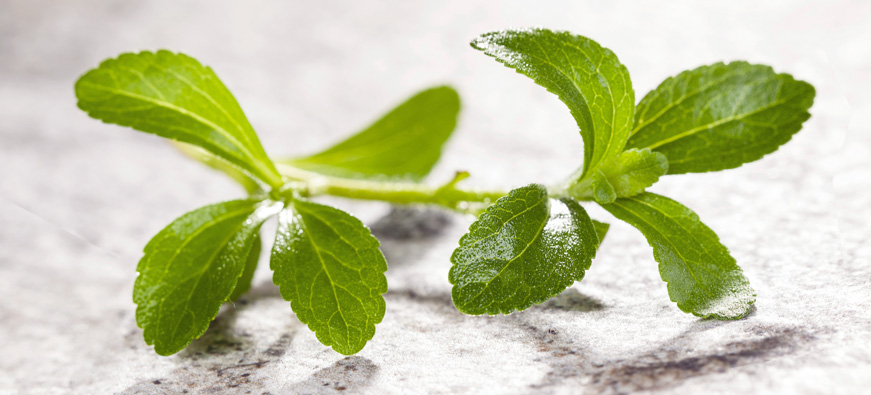
Stevia
Stevia is a sweetener that comes from the leaves of the Stevia rebaudiana plant. It’s become popular as a natural sweetener because it has up to 300 times the sweetening power of sugar, but with virtually no calories or carbohydrates. It also has very little effect on your blood glucose levels and studies have shown it’s a good choice for diabetics. You can usually find stevia-based sweeteners at your local healthy grocery store. This is a great zero-calorie option for sweetening beverages like tea or coffee. Use it to make your own coffee shop creation by adding a frothy milk of choice.
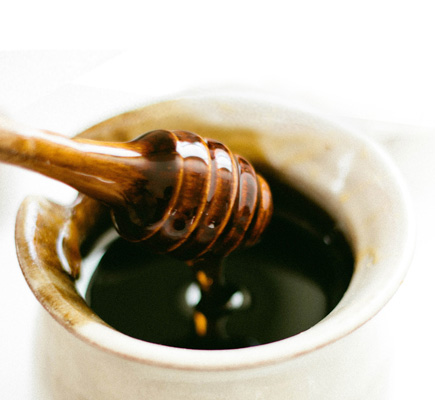 Honey
Honey
Honey does have an effect on your blood sugar with a fructose count of about 53%. Just like many natural products, honey does have some trace minerals, such as calcium, iron, zinc, potassium, phosphorus, magnesium, copper, chromium, manganese and selenium, but don’t use this as an excuse to go overboard. You shouldn’t be eating enough to make a dent in your nutritional needs. Satisfy your sweet tooth with a fig-ricotta crostini. Toast or grill one slice of whole wheat baguette and spread with part-skim ricotta. Top with chopped figs and drizzle (don’t pour) with honey.
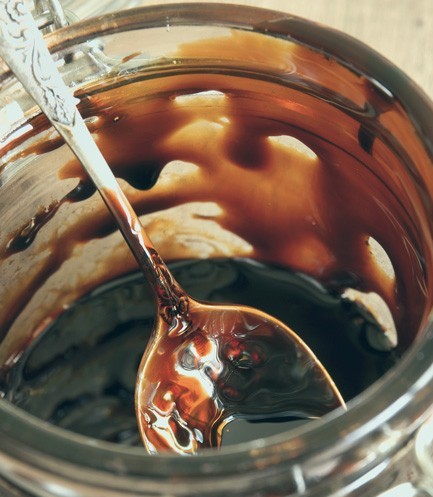 Molasses
Molasses
Not just an essential element in those yummy gingerbread cookies, molasses can also be used to sweeten other things. Yes, it is a byproduct of sugar processing so it does have a similar effect on your blood sugar, but like honey, it also has essential nutrients, including iron, copper, manganese, potassium, magnesium and selenium. The dark variety also contains antioxidants. Molasses is a standard ingredient in baked beans and if you make them yourself, you can control the sweetness.
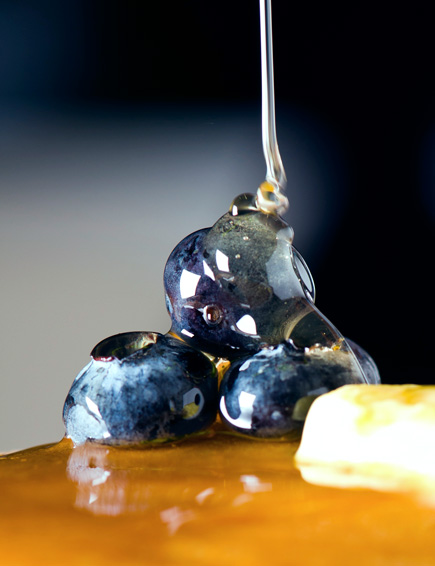 Maple Syrup
Maple Syrup
Made from the sap of maple trees, research has shown this liquid gold can pack as much as 20 antioxidants, some of which are known to have antibacterial, anti-cancer and anti-diabetic properties. It also contains polyphenols, which are beneficial for reducing inflammation, plus calcium, vitamin B, zinc, potassium and magnesium. When shopping for your maple syrup, be aware that there are many artificial varieties out there that mimic the maple flavor but are made with high fructose corn syrup and coloring, so read labels carefully! For an ultra-satisfying breakfast, use a light hand to pour maple syrup over oatmeal or quinoa. Add fruit (pears, apples, and bananas work especially well) to boost the nutrition and the filling factor.
Sweet dreams!

